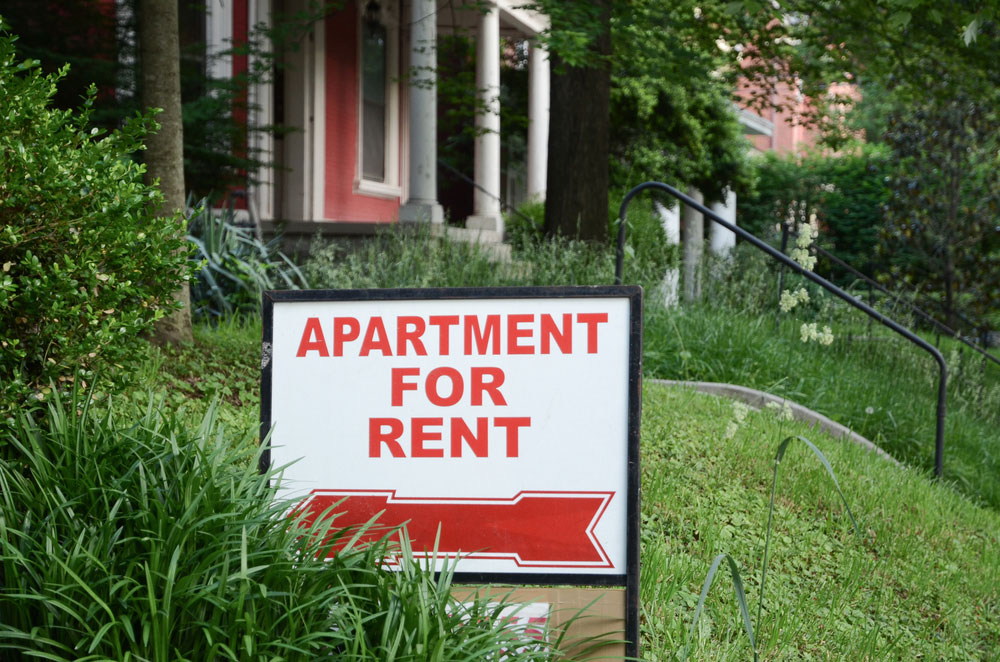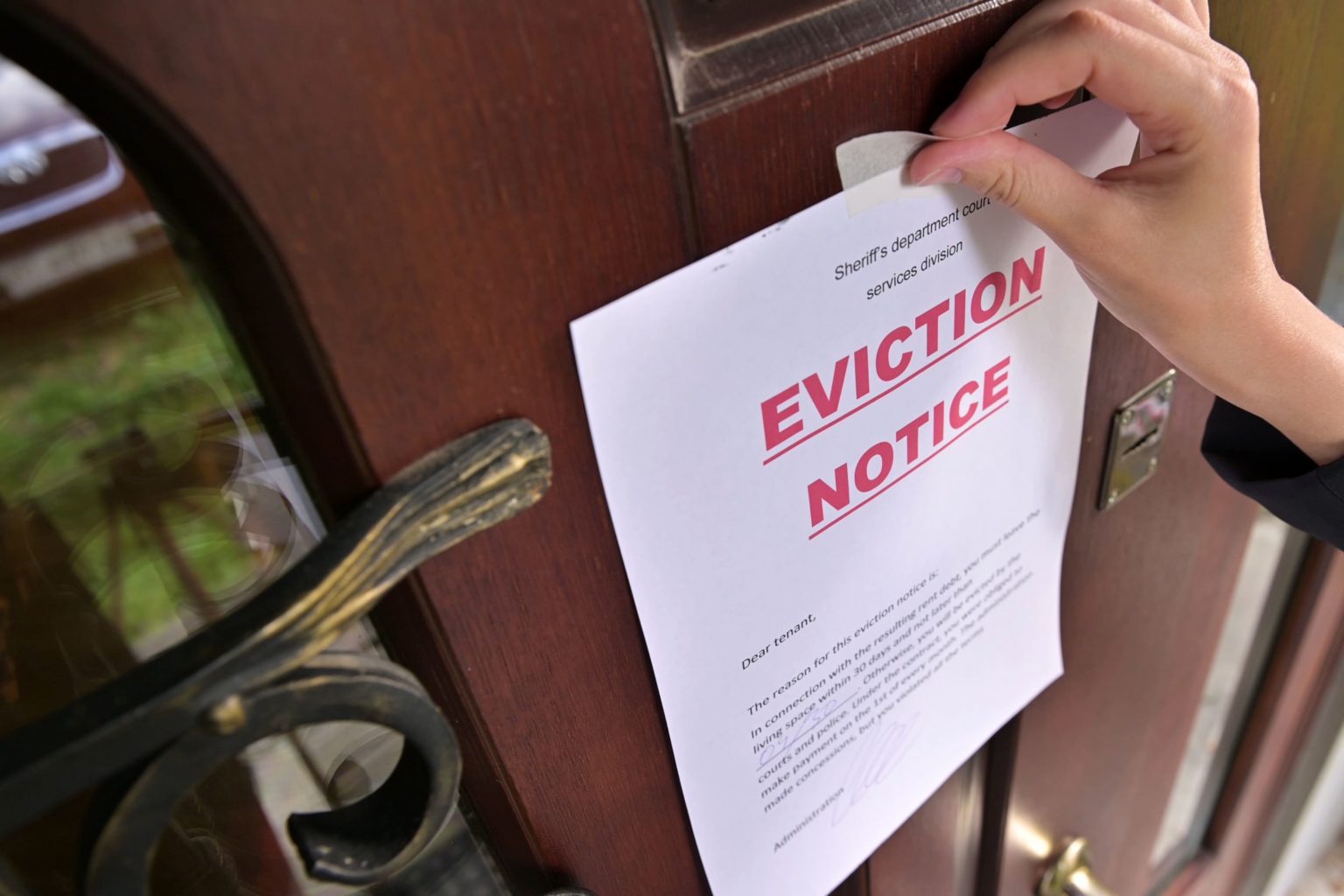Leading Real State Law firm
near you in Los Angeles
At SNS Law Group, we have consistently nurtured a collegial approach among our lawyers, assuring effective teamwork in handling client work while maintaining a results-driven culture and providing exceptional legal counsel with a clear focus on value. At our California law firm, we are committed to the continuous development of our people and the resources essential to delivering effective and distinctive legal services throughout Southern California.
Backed by years of experience and a dedication to putting the needs of our clients first, SNS Law Group is proud to serve the Los Angeles County community with exceptional expertise. When you need legal help, we’re the team to turn to. With our reputation for being able to turn even the most difficult cases around, it’s our mission to go the extra mile for each and every client that turns to us for assistance in their time of need.
Leading Habitability Law Firm Near You in Los Angeles
At SNS Law Group, we recognize how challenging it can be when a property is no longer safe or suitable to live in. Issues such as mold, pest infestations, lack of heat, broken plumbing, or other habitability concerns can quickly escalate into serious disputes. Our attorneys bring extensive experience in addressing Habitability Claims in Los Angeles, working to resolve conflicts efficiently and ensure that the responsibilities of all parties are upheld under California law.
Whether you are a tenant concerned about unsafe conditions, a landlord facing a habitability dispute, or a property owner seeking legal guidance, we are here to provide clear advice and strong representation. With a proven record in Real Estate Habitability cases and related litigation, SNS Law Group is committed to finding fair solutions, pursuing necessary repairs or compensation, and protecting your rights every step of the way.
 424-220-2052
424-220-2052





 Click To Call Now
Click To Call Now



































































